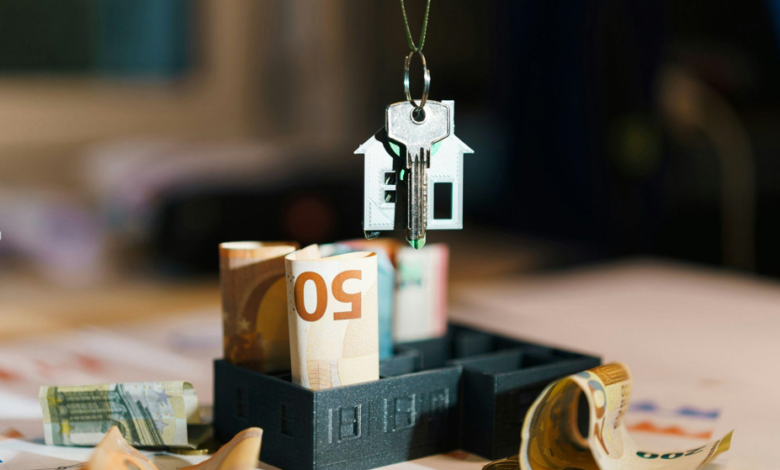Factors Affecting Property Value

When you purchase a property, you’re actually purchasing its value, and that fluctuates with time. So what actually impacts property value? You and fellow owners split the down payment, closing costs, and other expenses. As an example, instead of spending ₱5 million alone on a property, you can split it with two others and invest just ₱2.5 million each.
This setup allows you to enter the rental market without tapping into your savings.
Reduce Risk and Increase Opportunity
When you are not a sole owner, you are not the only one bearing the burden of surprise costs. If a renter misses a payment or repairs are needed, the expense is split. That is equivalent to less stress and more stability.
You are also more flexible. You and your partners can move into different types of properties or regions, growing your portfolio faster.
Supply and Demand
If there are more buyers than homes for sale, prices increase. If there are too many homes, prices decrease. This differs based on the city or area. Urban areas where there’s little room tend to have higher property values because there’s always demand and not much supply.
Be aware of local market trends. An increased number of new developments may provide more options, but can influence prices in the short term.
Condition and Age of Property
A well-maintained home receives more bids. It’s not cosmetic alone; new or renovated homes also cut costs on future repairs, which adds to their worth.
Leaks, outdated fixtures, or wall cracks will lower the value. Modern kitchens, energy-efficient appliances, and fresh paint, on the other hand, add to the attraction and worth of the property. Maintenance is not a question of convenience alone; it’s a direct investment in your asset’s worth.
See also: Business Productivity Tools: How Audio-to-Text Conversion Boosts Workplace Efficiency
Economic Well-being and Interest Rates
When there are low interest rates, more people can take out loans, and hence demand for property rises, pushing up prices. However, when inflation is growing and it becomes harder to borrow, fewer people buy, and prices stabilize or fall.
Monitor economic indicators. They will inform you when it is time to buy or sell.
Growth in the Neighborhood
If an area is becoming more accessible or emerging rapidly, investors view the potential for the future. This is why purchasers are seeking out places that provide new infrastructure and prospects, such as fractional ownership in emerging real estate hubs.
Shared investment opportunities in emerging areas enable individuals to capture future appreciation in value without purchasing the entire property.
Legal and Zoning Issues
Defect-free titles, proper records, and zoning laws also contribute to value. A property with title issues or questionable ownership will be cheaper but risky. Always inspect titles and be in accordance with local zoning laws before buying.
If you are thinking to buy condo in Clark Pampanga, you can ensure it is developed for commercial, residential, or mixed use, which can also contribute to how valuable it is.
Quality and Safety of the Neighborhood
Crime rates, deterioration, or heavy traffic can lower the property value. But bright streetlights, friendly residents, and active homeowners’ associations can raise it.
Even the properties around yours have an impact; if your neighbor’s place appears deserted, it could bring you down.
Wrapping Up
Understanding what affects property value helps you make more informed decisions. Whether you are a first-time buyer, an investor, or you’re going to be selling very soon, these matters. Being aware of location, market condition, and property condition, and considering investment potential like fractional ownership, you set yourself up for a more profitable, successful real estate experience.




